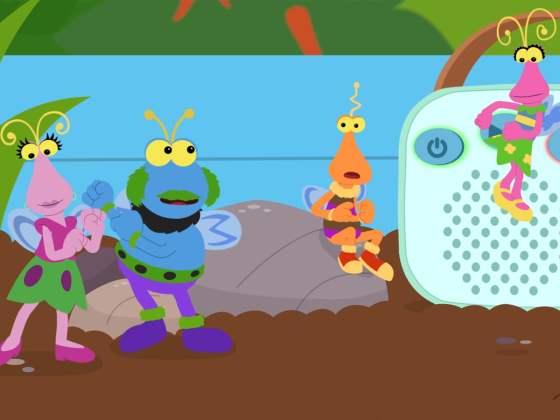
Caring for My Brain: Twiddlebugs Get Moving
When we move our bodies, we’re taking care of our brains.
Explain the brain to children: Our brains are inside our heads. Our brains let us learn, listen, talk, imagine, read, play, move, and so much more. Our brains help us feel, name, and talk about our feelings. Our brains can help us calm our bodies down.
Then tell children that when we move our bodies, we’re taking care of our brains. Together, watch the video (you might move along!). From time to time, you can help further explain or emphasize the ideas in the video by saying things like:
- Moving helps our bodies and brains.
- Moving our bodies during the day helps us sleep well at night.
- We might move our bodies in different ways depending on how we’re feeling. We might like to dance fast when we’re feeling excited or stretch slowly when we’re feeling tired or sad.
- It can be fun to move our bodies while playing outside. Your body can move in so many ways: you can jump, run, climb, stretch, and more!
Later, on your own, consider these tips:
- Together, do “The Twiddlebug” to music (wiggling, pretend you’re flying – whatever works!) in celebration of their brains and bodies.
- Move together—it’s great for the whole family. Try a family dance party and take turns choosing the music.
- Active play and physical activity enhance learning—children learn well while they’re moving. Challenge children to make shapes with their bodies, count their hops, or dance as they sing the alphabet song.
- Turn a short walk into a game in which everyone takes turns deciding how you’ll move along (skipping, hopping like bunnies, walking while flapping your arms like birds, and so on).
- Invite children to make up different ways to hop, stretch, and move to complete a simple obstacle course, then add on when they’re ready. Explain that our brains and bodies work together to do tricky things like obstacle courses.
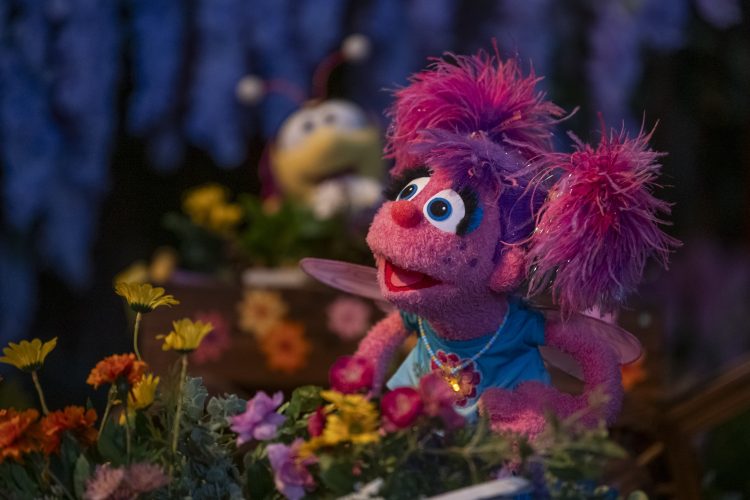
Watch and Play: Abby's Magical Beasties
Watch this episode and explore ways to extend the learning at home.
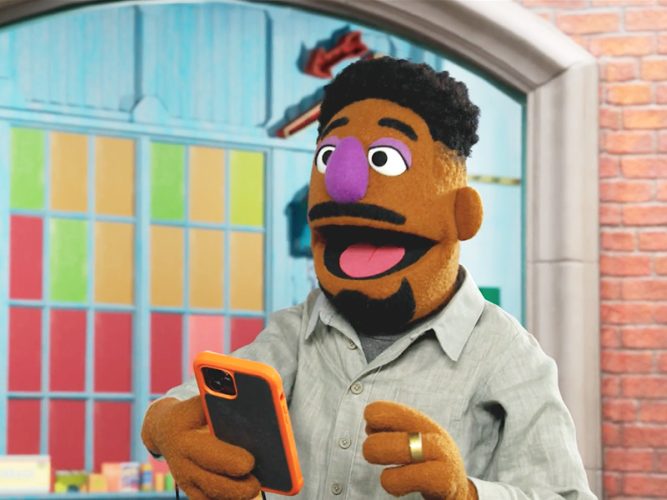
Paws & Notice
Wes, Elmo, and their dads, Elijah and Louie, practice being aware of how they feel when using media and how they know it’s time to take a break.
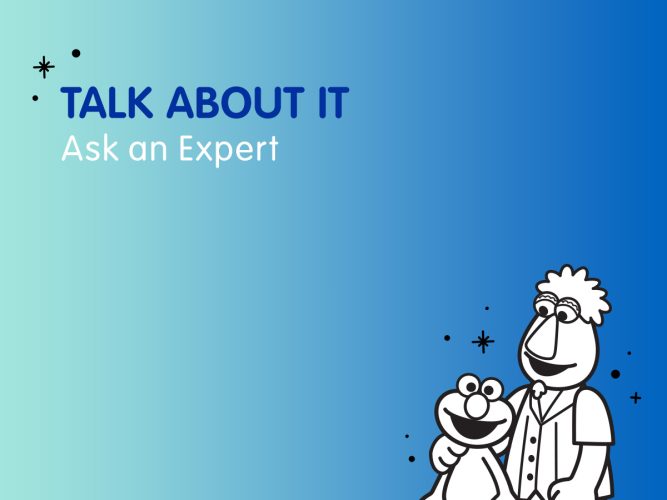
Episode 4 - Ask an Expert: Talking About It
In episode four of this six-part series, explore the importance of open and honest communication around family media and technology use.
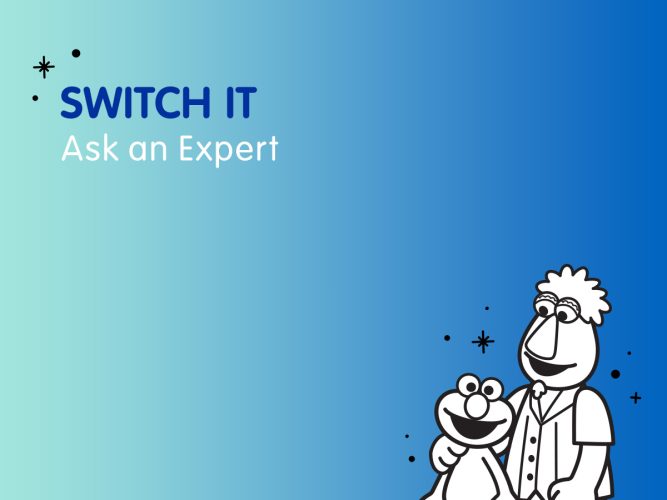
Episode 5 - Ask an Expert: Switching It Up
In episode five of this six-part series, explore strategies to support families in building flexibility and navigating transitions.
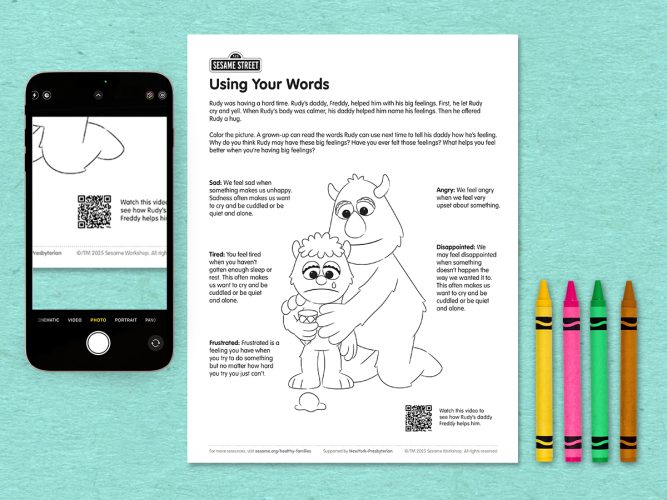
Using Your Words
A coloring page helping children explore words for big feelings.
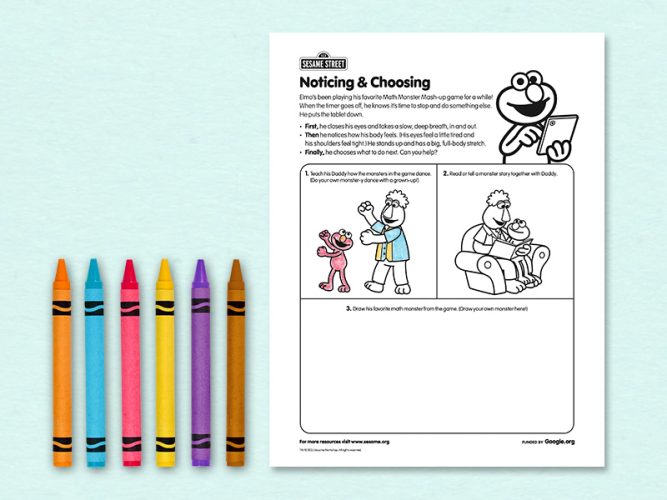
Noticing and Choosing
Learn about the three steps Elmo takes to transition away from screen time.

Mindful Choices: Using Digital Media with Awareness and Intention
Learn how to make mindful media choices for your family and yourself!
